Precolonial Egypt
Before the era of British colonialism, ancient Egypt was primarily governed by monarchs known as "pharaohs" for a significant portion of its history. It was later incorporated as a province within the Byzantine, or East Roman, Empire.
Ancient Egypt was referred to as "Kemet," meaning the "Black Land" a term which stemmed from the fertile black soil deposited by the annual inundation of the Nile River, which played a crucial role in the prosperity and sustenance of Egypt's early settlements.
Egypt underwent a pivotal transformation when it was invaded and conquered by Muslim Arab armies. This conquest marked a significant turning point in Egypt's history, bringing about profound cultural, religious, and linguistic changes.
Modern Day Egypt
With an estimated population of 114 million, Egypt is located at the crossroads of the Middle East and Africa and boasts of a rich history and cultural heritage spanning across all its ethnic groups.
Egypt gained independence from British rule on February 28, 1922, and became a republic in 1952. The North African country has fascinated the world for centuries, from its historic wonders of the pyramids to contemporary Cairo.
Islam predominates in Egypt, shaping societal norms and practices alongside a Christian minority. Religious celebrations are upheld which nurtures strong familial ties. Egyptian culture seamlessly merges modern trends with ancient traditions, deeply entrenched in its historical legacy from iconic landmarks to daily rituals and vibrant traditional markets.
However, despite its allure, Egypt grapples with a multitude of challenges, including economic disparities, unemployment, security concerns, political instability, and the looming threat of terrorism.
Political Landscape
President of Egypt, Abdel Fatah El-Sisi El-Sisi came to power after the 2013 overthrow of the country’s first popularly elected president, Mohamed Morsi, and was re-elected in 2018.
He extended the presidential mandate from four to six years and amended Egypt’s constitution to raise the limit on consecutive terms in office from two to three.
During his tenure, numerous accusations have surfaced regarding the incarceration of thousands of political adversaries. Despite the establishment of a presidential pardons committee, which has released approximately 1,000 individuals annually, human rights organizations claim that three to four times as many people were arrested during the same period.
Political opposition in Egypt lacks significance due to the risk of criminal charges and imprisonment for dissenting views. Press and assembly freedoms are severely restricted, reflecting limited civil liberties.
Organizations tackling social issues encounter strict regulations, often leading to reports of human rights violations. Despite claims of democracy, governmental functionality is compromised by the considerable interference of the presidency and milita
Gaza-Israeli conflict and implications on Economic and Diplomatic ties with Egypt
In 1979, Egypt made history as the first Arab nation to establish diplomatic relations with Israel, a milestone achieved through the signing of the Camp David Accords. These agreements were aimed at fostering peace between the two nations. However, recent conflicts, particularly Israel's military actions in Gaza, have significantly strained the relationship between Egypt and Israel.
The Egyptian economy continues to face mounting challenges exacerbated by the impact of the Gaza-Israeli conflict in Gaza.
The Israeli-Gaza Conflict has significant ramifications for Egypt's economy, political position, and international relations. Economically, it continues to disrupted trade routes, affects tourism and investment, while placing strain on resources due to the humanitarian aid needed for Palestinian refugees.
Politically, Egypt navigates a delicate balance between upholding its 1979 peace treaty with Israel and supporting the Palestinian cause amidst domestic pressure. Internationally, the conflict prompts diplomatic efforts to broker ceasefires and address humanitarian concerns, impacting regional alliances and geopolitical dynamics.
Egyptian Foreign Minister Sameh Shoukry's reaffirmation of Egypt's commitment to the peace treaty underscores its diplomatic stance, emphasizing the importance of reciprocity. This reflects Egypt's strategic approach to maintaining stability in the region while addressing both domestic and international expectations regarding the Israeli-Palestinian conflict.
According to analysts, tourism, gas exports, and revenues from the Suez Canal are experiencing declines, and the situation in Rafah may exacerbate the economic challenges. Egypt's economy, already in a precarious state, is expected to face further strain due to the conflict and escalating tensions in the Red Sea region.
Approximately 1.4 million internally displaced Palestinians find themselves confined to the densely populated area of Rafah, spanning only 64 square kilometers (25 square miles). In this cramped space, they face severe shortages of essential supplies such as food, water, and medicine. Concerns have been raised by Non-Governmental Organizations (NGOs), governments, and other members of the international community regarding the situation. Amidst months long Israeli bombardment, thousands of Palestinians have sought refuge in Rafah due to its proximity to the Rafah Border Crossing, the sole entry and exit point between Egypt and the Gaza Strip.
Security concerns have also been raised by the West and Israel about the presence of Palestinian fighters in the Sinai region with allegations of planned attacks on Israel potentially impacting Cairo-Tel Aviv relations, a significant consideration for Egypt.
Towards the future
Egypt's future is shaped by its historical and present challenges across political, economic, and demographic domains. Under President Abdel Fatah El-Sisi's rule, authoritarian tendencies continue, with limited political freedoms and human rights abuses. Economic disparities, unemployment, and security threats compound the nation's struggles. The Israeli-Gaza conflict strains diplomatic ties and impacts key sectors such as tourism and trade.
However, Egypt's potential for reform and development persists, driven by its youthful population, rich cultural heritage, and strategic location. Overcoming these hurdles requires addressing systemic issues, promoting inclusive governance, and fostering economic diversification to chart a path toward a more stable and prosperous future.

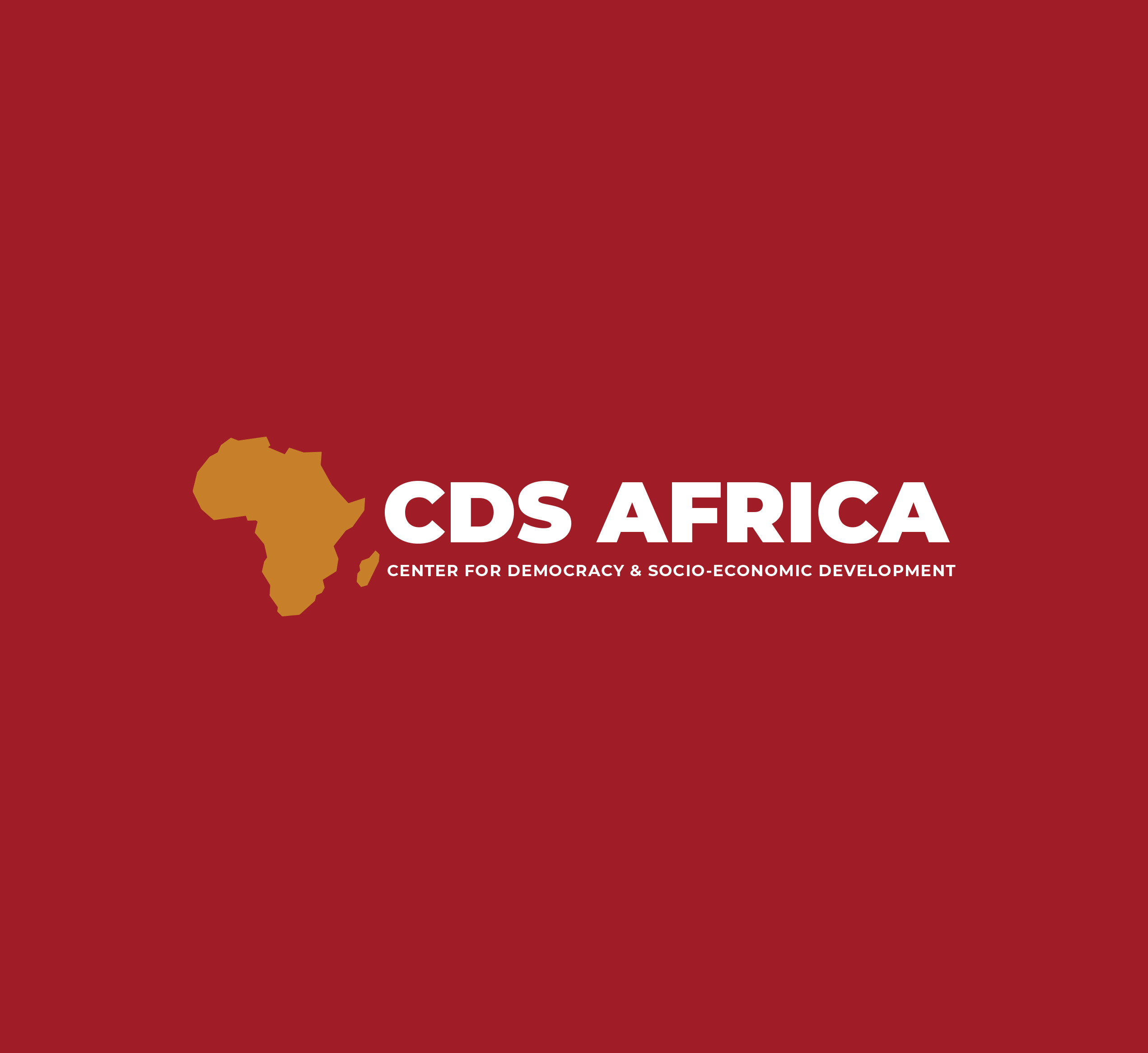
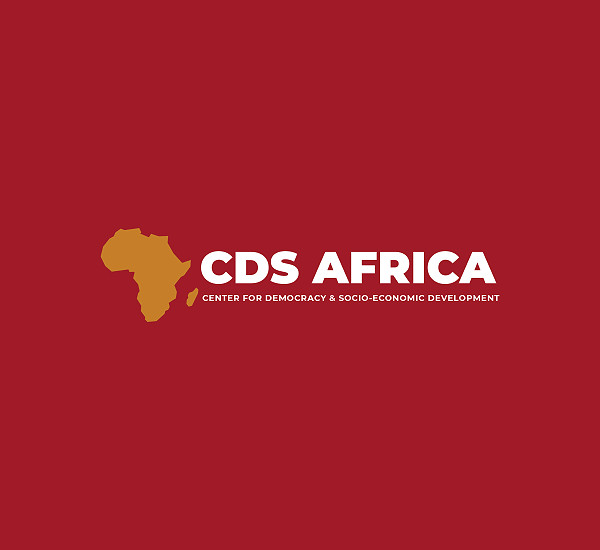
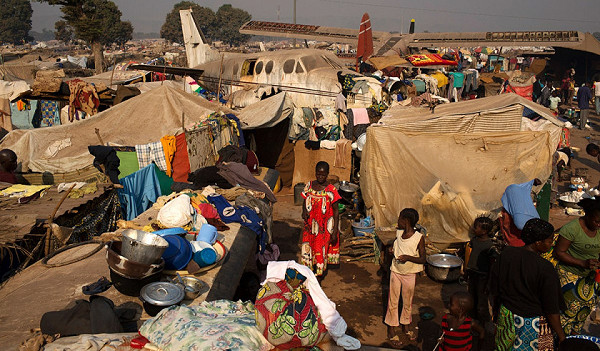
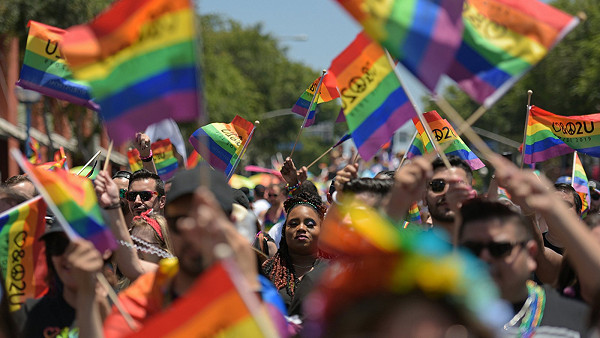
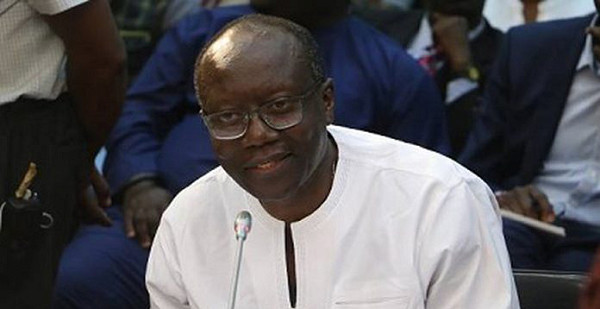


Write a Comment